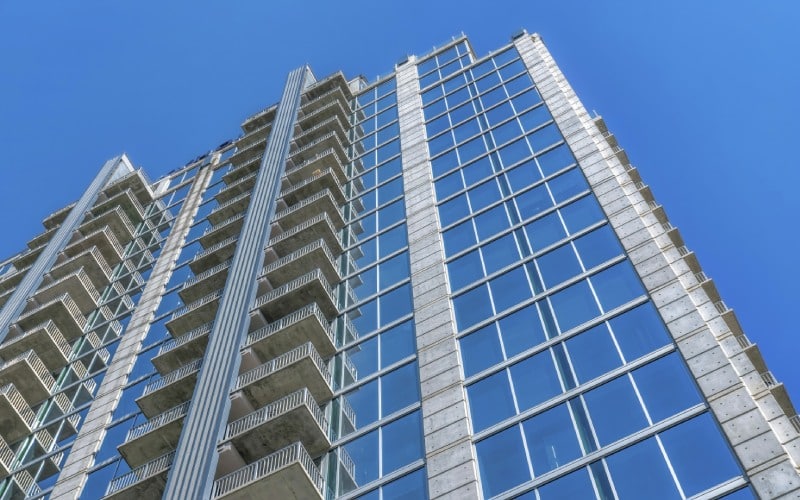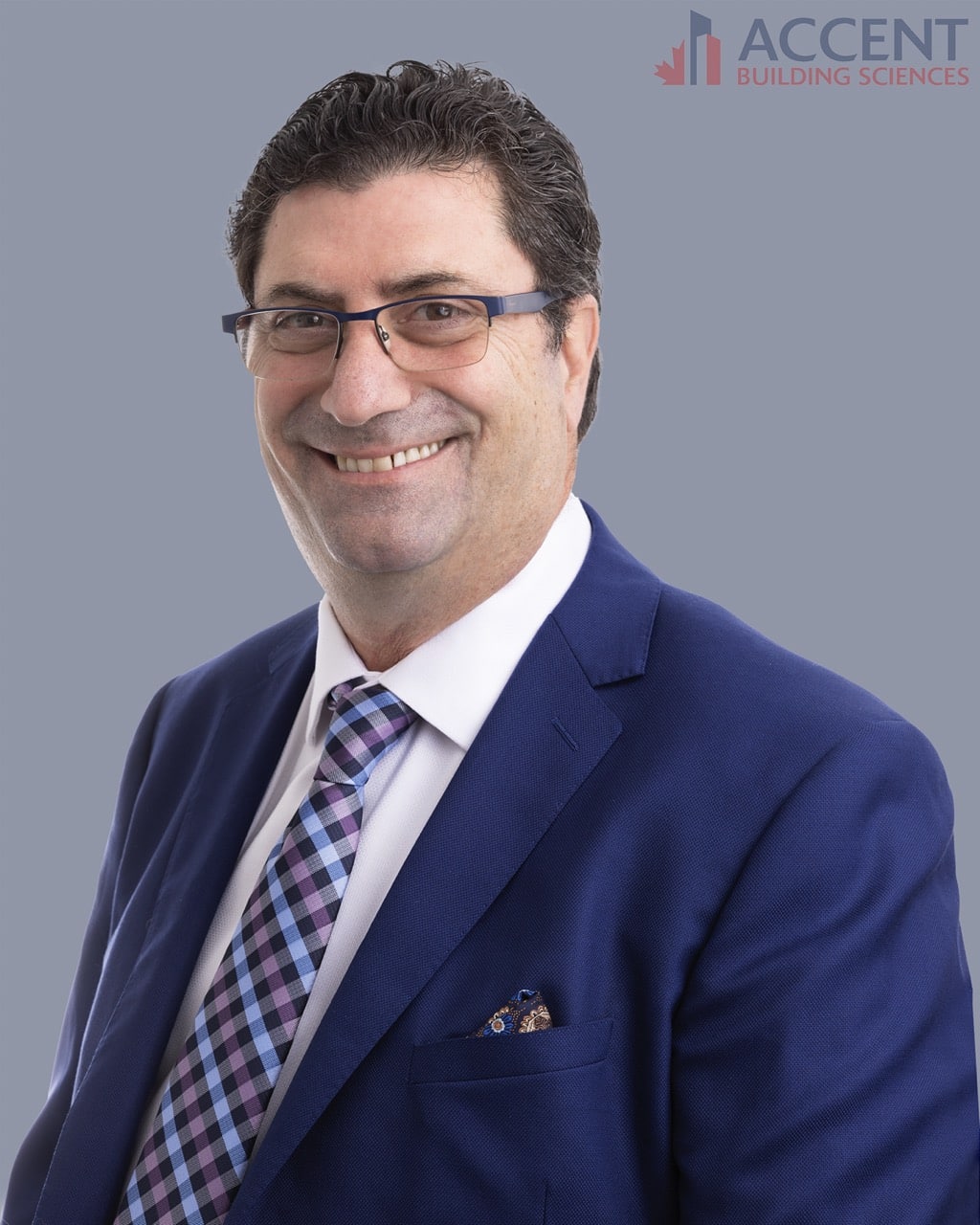500 Hood Road, Suite 320Markham ONL3R 9Z3

Condo owners and board members may have heard the term “70 funded reserve”, and wondered what it meant, as well as whether it was a requirement or a guideline.
Condominium reserve funds set aside money specifically for significant future expenditures, such as major repairs or replacements of common elements such as roofs, elevators, parking structures, and HVAC systems. Without adequate reserves, condominium associations may struggle to cover these expenses, leading to deferred maintenance or imposing hefty special assessments on homeowners. Such assessments can strain residents financially and decrease the market value of units within the condominium.
To ensure that reserve funds are sufficient to cover future expenses, condominium associations conduct reserve fund studies. These studies involve assessing the condition of common elements, estimating their remaining useful life, and projecting the associated costs of repair or replacement over a certain timeframe, typically 30 years. Reserve fund studies provide invaluable insights into the financial health of a condominium community and help guide decision-making regarding budgeting and reserve fund contributions.
A 70% funded reserve means that the reserve fund holds 70% of the total estimated cost required for future major repairs and replacements. In other words, if the total projected cost of necessary future expenditures over the next 30 years is $1,000,000, a 70% funded reserve would have $700,000 available in the reserve fund. This percentage serves as a benchmark for the adequacy of reserve funds.
A 70% funded reserve is considered a strong one, with lowered risks of special assessments or deferred maintenance, ensuring condominium reserve funds are effective. On the opposite side, a 30% funded reserve, or less, is a weak one, with high risks of such issues.
Achieving a 70% funded reserve is considered a milestone for condominium associations, indicating a reasonable level of financial preparedness. It signifies that the association has taken proactive steps to ensure the long-term sustainability of the community and mitigate the risk of financial instability. However, reaching this threshold requires careful planning, disciplined budgeting, and ongoing monitoring of reserve fund contributions and expenditures.
Maintaining a 70% funded reserve involves regular review and adjustment of reserve fund contributions based on updated reserve fund studies and changing financial circumstances. Condominium associations must strike a balance between adequately funding reserves and minimizing the financial burden on homeowners. This often requires thoughtful decision-making and effective communication with residents regarding the importance of reserve fund contributions and the rationale behind budgetary decisions.
Failure to achieve a 70% funded reserve can have significant implications for condominium owners. It may indicate insufficient reserve fund contributions, inadequate budgeting practices, or a lack of foresight regarding future maintenance needs. It leaves the condominium organization at risk of being unable to pay for critical repairs. In such cases, condominium associations may need to explore alternative funding sources, such as special assessments or loans, to cover necessary expenditures, which can strain resident relations.

While the Ontario Condominium Act does not explicitly mandate a 70% funded reserve, it does require condominium corporations to make contributions to the reserve fund to ensure the long-term financial sustainability of the corporation.
One of the key provisions of the Ontario Condominium Act is for condominium corporations to allocate a minimum of 10% of the corporation's annual budget to the reserve fund. This provision aims to ensure that condominium corporations are regularly putting aside a portion of their operating funds so they are prepared for future major repairs and replacements of common elements.
Different jurisdictions may have varying requirements or recommendations regarding reserve fund levels.
The concept of a 70% funded reserve is a benchmark used to assess the adequacy of reserve funds in covering future major expenditures, and not a legislated requirement. However, while the Ontario Condominium Act does not specifically mention a 70% target, it emphasizes the importance of maintaining adequate reserve funds to address future repair and replacement needs, which the 70% mark achieves.
Achieving a 70% funded reserve would likely require condominium corporations to contribute more than the minimum 10% requirement. However, given the Act's broader objective of ensuring that condominium corporations are adequately prepared, condo boards should still aim for a 70% funded reserve to meet this broader objective. Going beyond the 10% contribution minimum helps achieve a level of reserve funding that provides the ultimate goal of financial security and stability for the community.
https://depositphotos.com/photo/business-concept-meaning-reserve-fund-sign-chart-sheet-businessman-working-517297000.html
A comprehensive reserve fund study is essential for precisely predicting necessary maintenance, timelines, and estimated costs, to give an effective baseline for measuring a 70% funded reserve against. Without accurate data and reliable projections, the 70% target lacks meaningfulness, and is just a number.
ABSI provides reliable, detailed reports based on thorough assessments, leveraging years of experience and expertise, so projections are highly valuable and effective. These reports are solid foundations on which to base budgeting and planning, so a 70% funded reserve provides the level of protection it is meant to.

Naji Hassan, a renowned professional in Building Science and Engineering, brings a wealth of knowledge and experience to his field. Educated at Beirut Arab University and Harvard Business School Online, Hassan has honed his expertise in structural and municipal engineering, building science, and business management. As the President of Accent Building Sciences and an experienced Senior Project Manager, he has made significant strides in building envelope engineering, building condition assessments, and energy retrofit programs. His commitment to innovation and excellence is evident in his approach to large-scale project management and his active participation in industry organizations. Hassan is not only a leader in his field but also a prolific writer and thought leader. He regularly shares his insights and experiences through articles on LinkedIn, which can be found at LinkedIn Articles. Additionally, he maintains a blog where he delves deeper into various aspects of building science, accessible at Accent Building Sciences Blog. Outside of his professional pursuits, Hassan enjoys travel, golf, languages, gardening, and music, reflecting his diverse interests and well-rounded character. Naji Hassan's journey in building science and engineering is not just a career but a testament to his lifelong dedication to learning, teaching, and inspiring others in his field.

500 Hood Road, Suite 320Markham ONL3R 9Z3